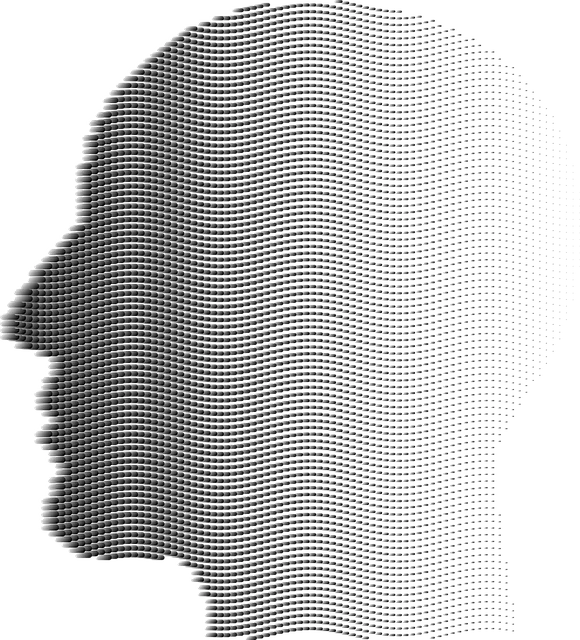Wheat Ridge, a Kaiser facility, leads in mental health support through its Crisis Intervention Teams (CITs). These teams offer immediate, specialized assistance during crises, focusing on de-escalation and risk assessment. Comprehensive training equips healthcare providers with stress reduction methods, mindfulness meditation, and conflict resolution techniques, preventing burnout and enhancing care quality. Wheat Ridge's holistic approach integrates public awareness campaigns, making it a beacon for CIT training and an exemplary model for effective mental health services under Kaiser's umbrella.
In today’s challenging social landscape, effective crisis intervention teams (CITs) play a vital role in supporting individuals facing mental health crises. CIT training programs equip community members with essential skills to de-escalate situations and connect people with the care they need. This article explores the significance of CITs in enhancing mental health services, using Wheat Ridge as a model. We delve into Kaiser’s comprehensive approach, highlighting key training components and the substantial benefits these programs bring to community mental health care.
- Understanding Crisis Intervention Teams: Their Role and Importance in Mental Health Support
- Wheat Ridge as a Model: Exploring Kaiser's Approach to Training Programs
- Key Components of Effective Crisis Intervention Team Training
- Benefits and Impact: How These Programs Enhance Community Mental Health Care
Understanding Crisis Intervention Teams: Their Role and Importance in Mental Health Support

Crisis Intervention Teams (CITs) play a pivotal role in mental health support, offering immediate and effective assistance during crises. These specialized teams are designed to help individuals experiencing severe emotional distress or suicidal ideation. At Wheat Ridge, Kaiser’s commitment to mental health is evident through its comprehensive CIT programs. Training focuses on equipping healthcare providers with the skills to de-escalate situations, assess risks, and provide compassionate care.
In today’s demanding healthcare landscape, where burnout prevention strategies for healthcare providers are essential, CIT training empowers staff to offer timely interventions. By fostering positive thinking and encouraging self-care routine development for better mental health, these programs ensure that both patients and caregivers receive the support they need. Kaiser’s Wheat Ridge program exemplifies how such initiatives can revolutionize mental health services, making them more accessible and effective.
Wheat Ridge as a Model: Exploring Kaiser's Approach to Training Programs

Wheat Ridge, a pioneering program under Kaiser, has garnered recognition for its comprehensive approach to crisis intervention team (CIT) training. This model emphasizes not only the technical aspects of managing crises but also places significant emphasis on social skills training and communication strategies. By combining evidence-based practices with a human-centric touch, Wheat Ridge prepares CIT members to handle diverse mental health situations effectively.
The program’s success lies in its holistic view, where public awareness campaigns development is integrated into the curriculum. This ensures that participants not only gain theoretical knowledge but also develop the practical skills needed to de-escalate tensions and offer compassionate support. Kaiser’s Wheat Ridge approach serves as a beacon for other CIT training programs, demonstrating that a well-rounded education can lead to more impactful and sensitive crisis interventions in the realm of mental health.
Key Components of Effective Crisis Intervention Team Training

Effective crisis intervention team training programs are multifaceted, focusing on several key components to prepare teams for real-world mental health crises. Firstly, they emphasize stress reduction methods and mindfulness meditation, equipping team members with tools to manage their own emotional responses during high-pressure situations. This self-care aspect is crucial as it prevents burnout and ensures the team’s longevity and effectiveness.
Secondly, training incorporates conflict resolution techniques to navigate the often tumultuous interactions that occur during a mental health crisis. These techniques foster effective communication, de-escalation strategies, and collaborative problem-solving, enhancing the team’s ability to support individuals experiencing severe emotional distress in various settings, including Wheat Ridge communities where Kaiser is known for its good mental health services.
Benefits and Impact: How These Programs Enhance Community Mental Health Care

Crisis intervention team training programs play a pivotal role in enhancing community mental health care. These initiatives equip healthcare professionals with crucial skills to effectively respond to individuals in distress, fostering an environment where people feel supported and understood. By implementing Self-Awareness Exercises and Stress Reduction Methods, teams can navigate complex situations with empathy and composure. This not only improves patient outcomes but also mitigates Burnout Prevention Strategies for Healthcare Providers.
Program participants from Wheat Ridge, like Kaiser, have reported significant improvements in their ability to manage crisis scenarios, leading to better mental health care across the community. The impact extends beyond individual growth; it creates a network of resilient professionals who can collectively address and de-escalate high-pressure situations, ensuring everyone receives the care they need.
Crisis intervention team (CIT) training programs, as exemplified by Kaiser’s approach in Wheat Ridge, play a pivotal role in enhancing community mental health care. By equipping laypeople and professionals with the necessary skills, these programs ensure swift and effective support during crises. The benefits are profound, fostering a more resilient and compassionate society where mental health is prioritized. In light of these findings, investing in comprehensive CIT training, such as that offered by Kaiser in Wheat Ridge, is crucial for improving access to quality care and ultimately saving lives.



